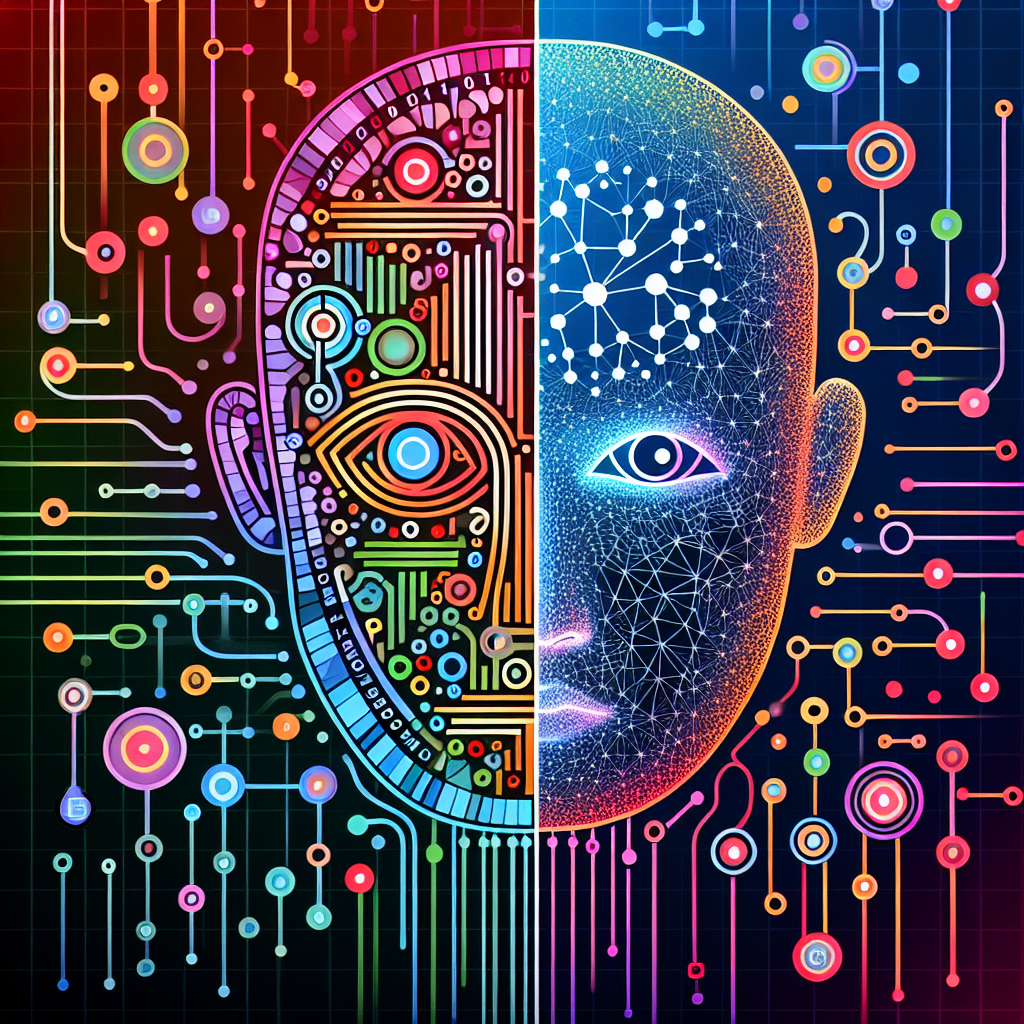Artificial Intelligence (AI) and Machine Learning (ML) are two innovative technologies that are revolutionizing various industries, including businesses. Both AI and ML have the ability to analyze data, make predictions, and automate tasks, but they have distinct differences that make them unique from each other. In this article, we will explore the differences between AI and ML, and discuss which one is better for your business.
AI vs ML: What’s the Difference?
Artificial Intelligence (AI) is a broad field of computer science that aims to create machines that can simulate human intelligence. AI systems are designed to perform tasks that typically require human intelligence, such as reasoning, problem-solving, understanding language, and recognizing patterns. AI is typically used in applications such as speech recognition, image recognition, and natural language processing.
Machine Learning (ML) is a subset of AI that focuses on the development of algorithms that can learn from and make predictions or decisions based on data. ML algorithms are designed to automatically learn and improve from experience without being explicitly programmed. ML is typically used in applications such as predictive analytics, recommendation systems, and fraud detection.
In summary, AI is the broader field that encompasses the development of intelligent machines, while ML is a specific technique within AI that focuses on developing algorithms that can learn from data.
Which One is Better for Your Business?
When it comes to deciding between AI and ML for your business, it is important to consider the specific goals and requirements of your company. Here are some key factors to consider when choosing between AI and ML:
1. Complexity of Tasks: If your business requires complex reasoning, problem-solving, and decision-making, then AI may be the better choice. AI systems can simulate human intelligence and are capable of performing tasks that require a high level of intelligence.
2. Data Requirements: If your business has a large amount of data that needs to be analyzed and processed, then ML may be the better choice. ML algorithms are designed to learn from data and make predictions or decisions based on that data.
3. Flexibility: AI systems are typically more flexible and adaptable than ML algorithms. AI systems can be trained to perform a wide range of tasks, while ML algorithms are typically designed for specific tasks.
4. Cost: Implementing AI systems can be more expensive than implementing ML algorithms. AI systems require more computational resources and expertise to develop and maintain.
5. Speed: AI systems are typically faster than ML algorithms in making decisions and performing tasks. AI systems can process large amounts of data in real-time and make decisions instantaneously.
Ultimately, the choice between AI and ML will depend on the specific needs and goals of your business. It is important to carefully consider the advantages and disadvantages of each technology before making a decision.
FAQs
Q: What are some common applications of AI in businesses?
A: Some common applications of AI in businesses include customer service chatbots, predictive analytics, fraud detection, and personalized recommendations.
Q: What are some common applications of ML in businesses?
A: Some common applications of ML in businesses include predictive maintenance, demand forecasting, recommendation systems, and sentiment analysis.
Q: How can AI and ML help businesses improve efficiency and productivity?
A: AI and ML can help businesses improve efficiency and productivity by automating repetitive tasks, analyzing data to make informed decisions, and identifying patterns and trends that can lead to better business outcomes.
Q: What are some challenges businesses may face when implementing AI and ML technologies?
A: Some challenges businesses may face when implementing AI and ML technologies include data privacy concerns, lack of expertise and talent, and integration with existing systems.
In conclusion, both AI and ML have the potential to transform businesses and drive innovation. The choice between AI and ML will depend on the specific needs and goals of your business. It is important to carefully consider the advantages and disadvantages of each technology before making a decision. With the right implementation and strategy, AI and ML can help businesses improve efficiency, productivity, and overall performance.

